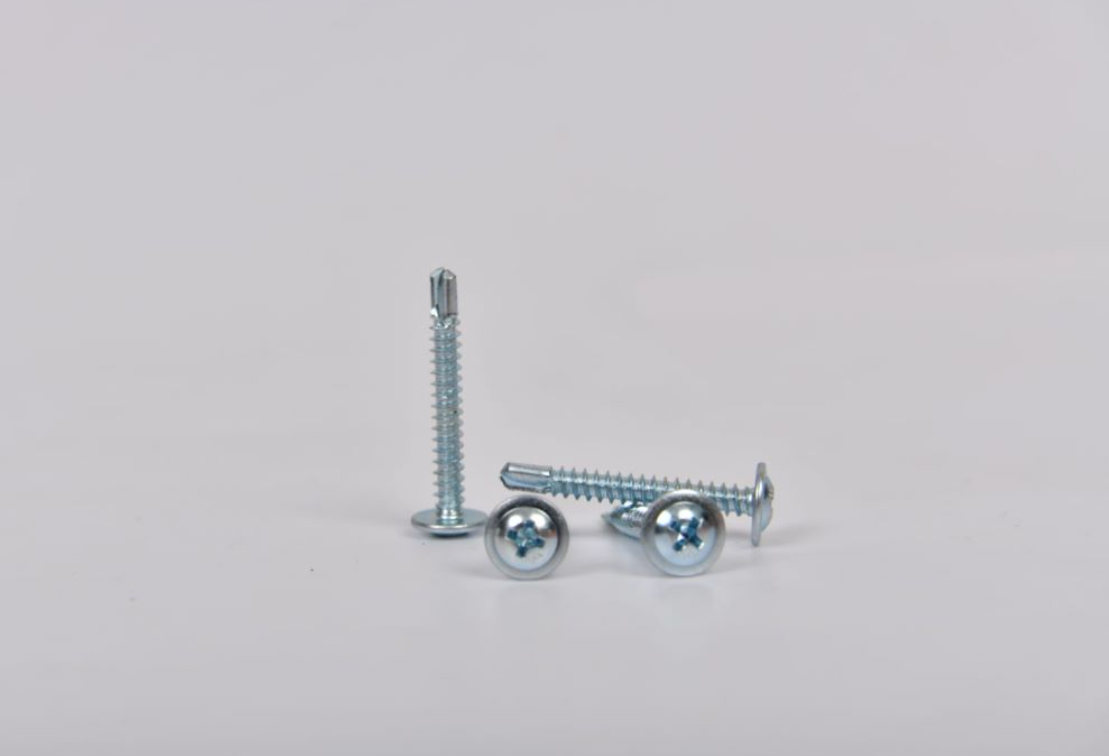best pilot hole for 8 self tapping screw
The Best Pilot Hole for 8 Self-Tapping Screws
When it comes to woodworking or metalworking, one of the most crucial aspects is ensuring that you choose the right pilot hole for your screws, especially self-tapping screws. Self-tapping screws are designed to create their own holes as they are driven into materials, but they still require a properly sized pilot hole to achieve optimal performance. In this article, we will explore the best practices for determining the ideal pilot hole size for 8 self-tapping screws and discuss why getting this right is essential for a secure and robust connection.
Understanding Self-Tapping Screws
Self-tapping screws are a type of fastener that can be inserted into a material without the need for a pre-drilled hole. However, using a pilot hole can provide a significant advantage when working with thicker materials or when precision is critical. These screws come in various types, including thread-forming and thread-cutting, and they are commonly used in metal, plastic, and wood applications.
Importance of the Pilot Hole
A pilot hole serves multiple purposes
1. Prevention of Material Splitting In wood applications, screwing directly into the material without a pilot hole can cause it to split or crack. This is especially true for hardwoods and when working near edges. 2. Easier Insertion A pilot hole allows for the screw to be inserted more easily and with less resistance. This is particularly beneficial when using larger screws or dealing with harder materials.
3. Ensured Alignment Drilling a pilot hole ensures that the screw will enter the material at the desired angle and depth, which is critical for load-bearing applications.
4. Improved Load Distribution A properly sized pilot hole allows for better load distribution around the screw, improving holding strength.
Determining the Best Size for the Pilot Hole
For 8 self-tapping screws, determining the pilot hole size is crucial. Typically, the size of the pilot hole depends on the screw diameter and the specific material being used. Here’s a general guideline
best pilot hole for 8 self tapping screw

- For an 8-gauge screw (which has a diameter of approximately 0.164 inches), a pilot hole size between 0.090 inches (for hardwood) and 0.125 inches (for softwood) is recommended. - When working with metal, especially when using thread-cutting screws, a slightly smaller pilot hole about 70-80% of the screw diameter is recommended. This means a pilot hole diameter of around 0.110 inches could be appropriate.
However, keep in mind that these are general guidelines. It’s crucial to refer to the manufacturer’s recommendations since different screw designs and materials may require different pilot hole sizes.
Materials and Their Impact
The type of material being used can greatly affect the choice of pilot hole size. For example
- Wood Softer woods like pine may not need as large a pilot hole as harder woods like oak. In hardwoods, a pilot hole should be slightly larger to prevent splitting. - Metal When working with sheet metal, the pilot hole often needs to be smaller to allow the self-tapping screw to effectively cut its threads. Additionally, lubrication can be beneficial when driving screws into harder metals to reduce wear on both the screw and the drill.
Best Practices for Drilling Pilot Holes
1. Use a Sharp Drill Bit A sharp drill bit will create a cleaner hole, allowing for better screw insertion. 2. Drill Straight Ensure that your drill is perpendicular to the material to avoid angled screws, which can lead to weak joints.
3. Test on Scrap Material If unsure about the size, test your pilot hole on a piece of scrap material before working on your final piece to ensure the fit is correct.
4. Consider Depth Ensure that the pilot hole is deep enough for the screw length you intend to use.
Conclusion
Choosing the best pilot hole size for 8 self-tapping screws is not simply a matter of following a fixed rule; it requires understanding the materials you are working with and the specific characteristics of the screws. Adopting proper drilling practices and considering the factors outlined in this article can lead to stronger, more durable connections in your projects. By investing time in selecting the correct pilot hole, you’ll ensure that your fasteners perform to their fullest potential, resulting in high-quality and long-lasting results.
-
Top Choices for Plasterboard FixingNewsDec.26,2024
-
The Versatility of Specialty WashersNewsDec.26,2024
-
Secure Your ProjectsNewsDec.26,2024
-
Essential Screws for Chipboard Flooring ProjectsNewsDec.26,2024
-
Choosing the Right Drywall ScrewsNewsDec.26,2024
-
Black Phosphate Screws for Superior PerformanceNewsDec.26,2024
-
The Versatile Choice of Nylon Flat Washers for Your NeedsNewsDec.18,2024










